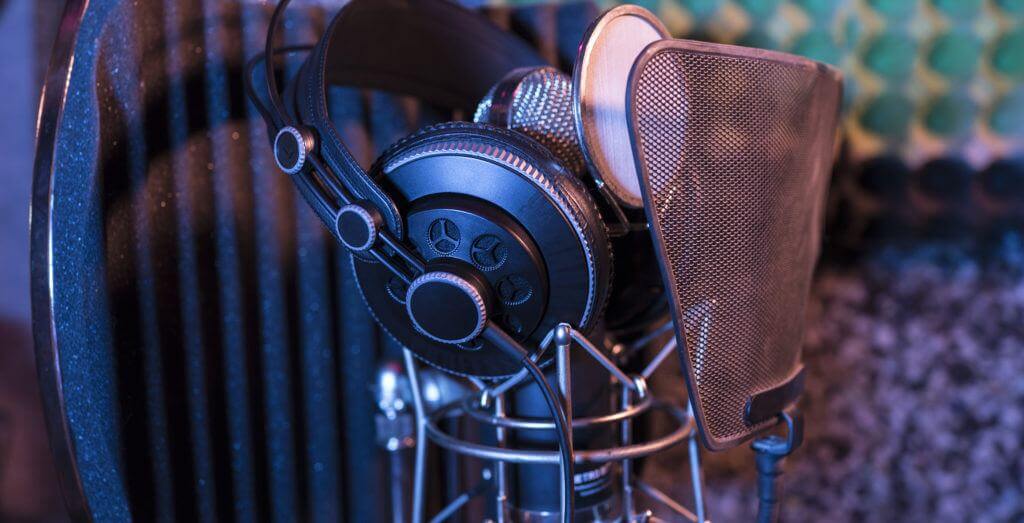By Alex Reese
Prior to any recording session, it’s imperative that both the engineer and voice talent are prepared. As an engineer, it’s important to make the voice talent feel comfortable. If they have experience, it shouldn’t be very difficult to keep things running smoothly. However, if it’s their first time in a studio, it will more than likely be noticeable in the recording. Even the most powerful vocalists can have difficulties if they’ve never been behind a microphone. As a vocalist, take the time to ask questions to make sure you’re being kept in the loop. Any lack of given information could result in a loss of quality or studio time. Whether intentional or unintentional, negligence from the engineer is unacceptable, and can seriously hinder the recording process.
Getting the best voice from the vocal talent
To physically prepare for the best possible recording, the voice talent must know how to treat their bodies a few days beforehand. Ideally, the vocalist should not be recording after having too much fun the night before. Unless you’re going for that kind of sound, it’s not going to be in the best interest of the voice talent or engineer. In most cases, you want the vocal to sound very clean and precise. For this kind of sound, the voice talent must be well rested and hydrated. This means no smoking, caffeine, or alcohol (with the exception of a few shots of whisky to clear the throat). Drink plenty of water a few hours before recording, and make sure to not consume anything that causes excessive mucus to build in the back of the throat. Avoid dairy as well as heavy, saucy meals that could upset the stomach. I know biscuits and gravy are delicious, but just wait until after you’ve got a solid recording. Lightly cooked veggies, fruit smoothies, or any compact protein are great for staying energized while keeping the throat clear.
If the voice talent is inexperienced, the engineer should take some extra time to go over a few fundamentals before the session begins. These few moments are going to help tremendously. By doing this, the voice talent can gauge the expertise of the engineer as well as make sure there won’t be any issues after the session begins. For the engineer, this time will make it easier to refine the recording later on.
It’s the engineer’s job to make sure the speaker is providing enough diaphragm support and articulation to keep the vocal from sounding constricted and slurred. This is especially important if the spoken word is being layered over some kind of instrumental. If there is a poor delivery, then there’s nothing the engineer can do to make it sound better after the audio has been recorded.
Work the mic

The voice talent must also understand how distance from the microphone will affect the sound. The proximity effect, which states that there is an increase in low frequency response as the microphone becomes closer to the sound source, is useful for preventing the signal from becoming excessively boomy. At the same time, the source can’t be too far away because the voice’s fundamental and high frequency content will be lost, making the recording sound weak and distant. As a general rule, the mic should be between 6-9 inches away from the sound source. I always tell voice talents to “work the mic,” which means to adjust distance based on anticipated loudness. Once the microphone is turned on and the session is about to start, take a few moments to get the reverb just right in the headphones. This will help the speaker perform more confidently by making their voice sound more natural.
I know that time is money, but it’s important to realize that there is no need to record everything in one take. It’s OK to mess up. If the vocalist has internalized the material, then it won’t take very long to create a finished product. At the end of the day, you can’t expect every session to go perfectly. Most likely, there will be obstacles that cause a few delays. This is why it is paramount that both the voice talent and engineer are prepared for anything and everything that could possibly go wrong.

